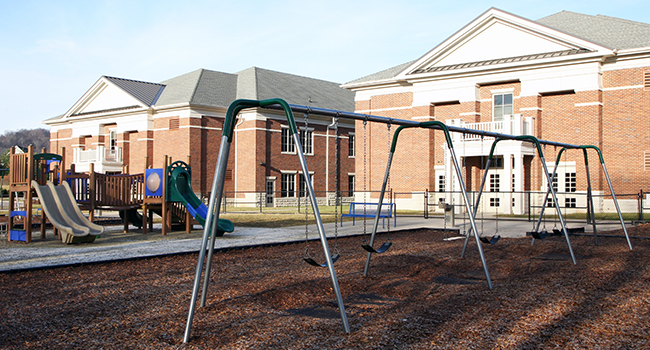
Tennessee Issues Statewide Report on School Security
"It is possible that schools scored the lowest in these particular domains because they include measures that require the greatest fiscal resources to implement," said the report, “Safety First: A Review of Security and Preparedness in Tennessee Schools.”
- By Jessica Davis
- November 19, 2018
Tennessee has performed its first-ever safety review of every school campus in the state. The safety assessments identified surveillance and vehicle and access control to buildings as areas needing improvement, and findings were included in a report issued Wednesday.
"It is possible that schools scored the lowest in these particular domains because they include measures that require the greatest fiscal resources to implement," said the report, “Safety First: A Review of Security and Preparedness in Tennessee Schools.”
The report was issued as part of a recommendation from the School Safety Working Group formed by Gov. Bill Haslam in March. The review rated campuses on 89 safety standards by the Tennessee Department of Safety and Homeland Security.
The school security review found that schools were meeting many of their facility’s safety standards but emergency operation plans generally lacked documentation for many important safety procedures and practices. In addition, while campuses conducted an average of nearly 15 emergency drills every year, many were still not meeting all of the requirements for the drills.
In the report, the state outlined areas needing improvement and next steps to be taken, including helping offer districts better training and flexibility, and assisting with drill documentation.
The state takes the responsibility of providing students with safe learning environments very seriously, according to Tennessee Education Commissioner Candice McQueen.
“Critical work to improve school safety has been started under Governor Haslam’s leadership and this report shows us several ways we can continue to improve our practices moving forward," McQueen said. "We know that safety must be an ongoing process of continuous improvement."
The group who performed the reviews was composed of a 17-member committee that included education, mental health and public safety officials, according to David W. Purkey, Department of Safety and Homeland Security Commissioner.
"School safety remains our priority, and we will continue to provide the necessary tools and services to our schools to keep our students safe," Purkey said.
Earlier this year, the Tennessee General Assembly approved $25 million of one-time funding for schools and $10 million in recurring grant funding to go toward ongoing safety and violence prevention programs. All 147 districts in the state submitted assessments for each of their schools, and the funds are being used to make improvements to security that range from better door locks and updated procedures for screening campus visitors to the addition of mental health staff.
About the Author
Jessica Davis is the Associate Content Editor for 1105 Media.